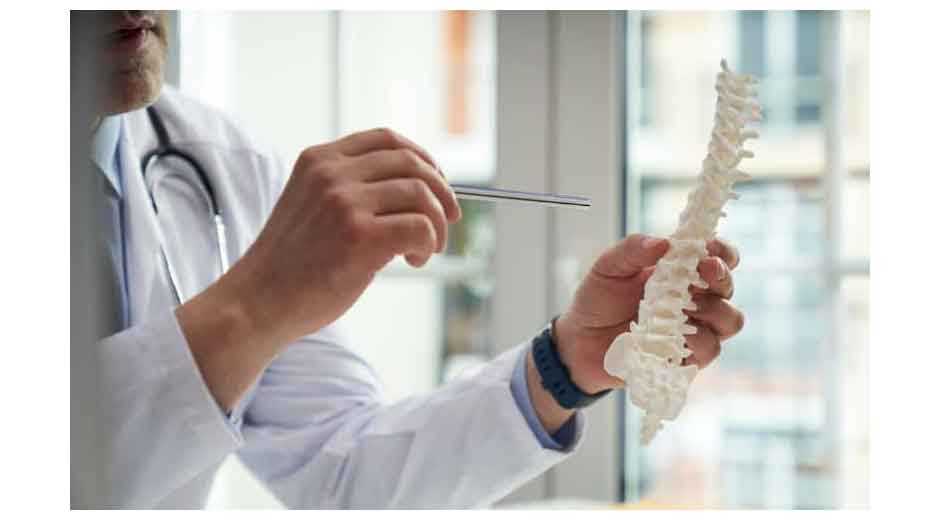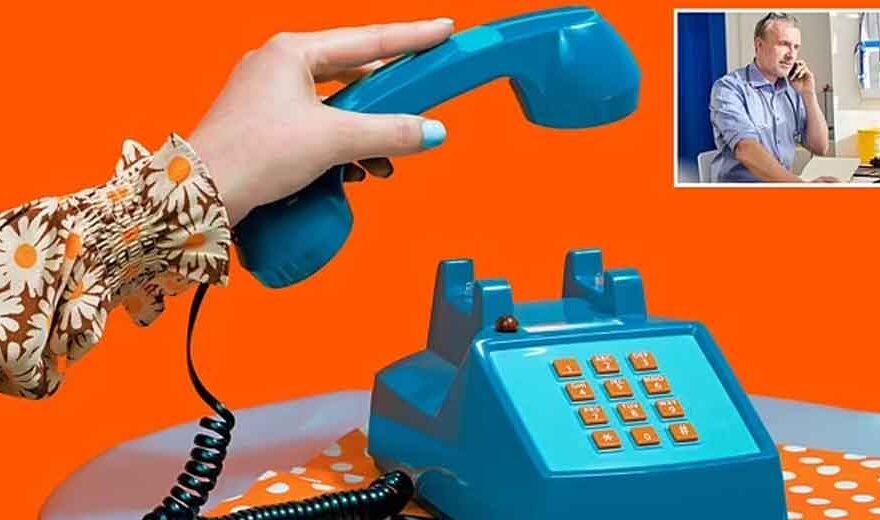Common Conditions Treated by Back Doctors and Their Solutions

Back problems may involve injuries to muscles, soft tissues, the spinal cord, or bones. During an appointment, a back doctor will perform diagnostic tests to help identify and treat the underlying condition. This process can involve imaging, physical exams, observation, and other evaluations. Here are a few conditions that back and spine doctors treat:
Herniated Discs
A herniated disc is a spinal condition that occurs when a spinal disc slips out of its normal position. The joints between your spinal bones contain discs that provide cushioning and prevent bones from rubbing against each other. Disc herniation can result from aging, impact injuries, or sustained strain caused by heavy lifting or poor posture. The soft inner portion of the disc pushes out through cracks in the outer layer, compromising the disc’s function. This may also irritate nearby nerves.
Herniated discs cause pain, tingling, or weakness in the lower back and neck. Your back doctor can use imaging tests such as X-rays, MRIs, or CT scans to identify the affected joint and disc. Treatment options include corticosteroid injections and pain medication to relieve discomfort. In severe cases, you may need advanced procedures, such as spinal fusion or discectomy. Physical therapy is also used to restore mobility and strengthen muscles.
Sciatica
Sciatica refers to pain, numbness, or tingling that radiates down the leg along the sciatic nerve. The condition occurs when the sciatic nerve is compressed due to a herniated disk or spinal stenosis. Sciatica causes sharp, shooting sensations on one side of the lower back, buttocks, and leg.
If you experience these symptoms, visit a spine doctor for a comprehensive evaluation. Treatment for sciatica involves decompressing the affected nerve and restoring function through physical therapy. Your doctor also addresses the underlying cause to provide more targeted treatment options. They may suggest epidural steroid injections to relieve pain and inflammation. Platelet-rich plasma injections are administered in some cases to promote healing and tissue growth.
Facet Joint Syndrome
The facet joints stabilize your spine and help limit excessive motion. They consist of bones, cartilage lining, and lubricating capsules that support bending and twisting. As you age, these structures become more vulnerable to stiffness, pressure, and injury. Facet joint syndrome is a deterioration of these joints, similar to other degenerative disc diseases.
This condition causes pain, stiffness, and inflammation, which can limit your mobility. Back and spine doctors use imaging tests to assess the joint’s deterioration and customize the solution. Treatment may include pain medication and corticosteroid injections. Doctors also use trigger-point injections to relieve pain and platelet-rich plasma injections to promote recovery. In severe cases, they use surgery to remove the damaged discs or fuse the vertebrae.
Cervical Radiculopathy
One or more nerve roots in the cervical spine can become compressed or irritated, causing pain, numbness, and tingling sensations. This compression affects the nerve that runs from your spine to your hands, resulting in sensations that radiate down your shoulders, arms, and hands. Cervical radiculopathy may be caused by injury to the bones and tissues surrounding the cervical spine column.
Herniated discs and spondylolisthesis are other possible causes of nerve compression. Diagnosis involves imaging tests, while treatment can include rest, physical therapy, and steroid injections. Avoiding strenuous activities like weightlifting may help reduce pain, and physical therapy aids in rebuilding strength and maintaining range of motion. Steroid injections also aim to relieve pain and inflammation.
Speak to a Back Doctor
Back and spine doctors treat various conditions, including sports injuries and persistent upper or lower back pain. They offer non-surgical treatments that combine therapy and medication. If epidural steroid injections and other conservative approaches are not effective, your doctor may recommend surgery. Contact a back doctor today to learn more about the treatments they offer.


